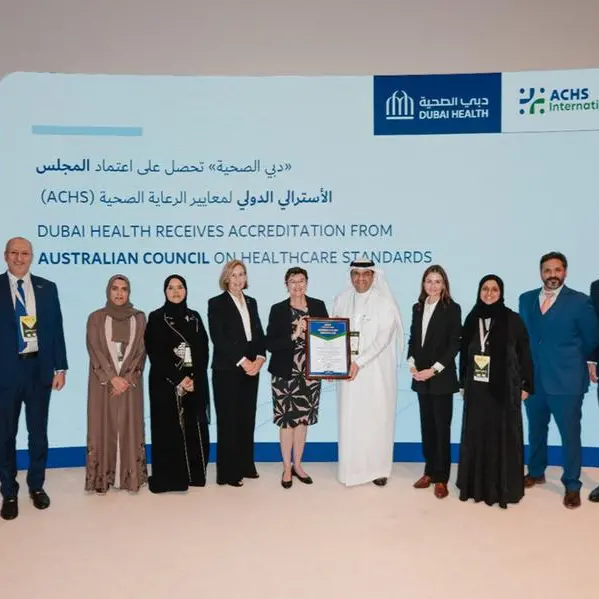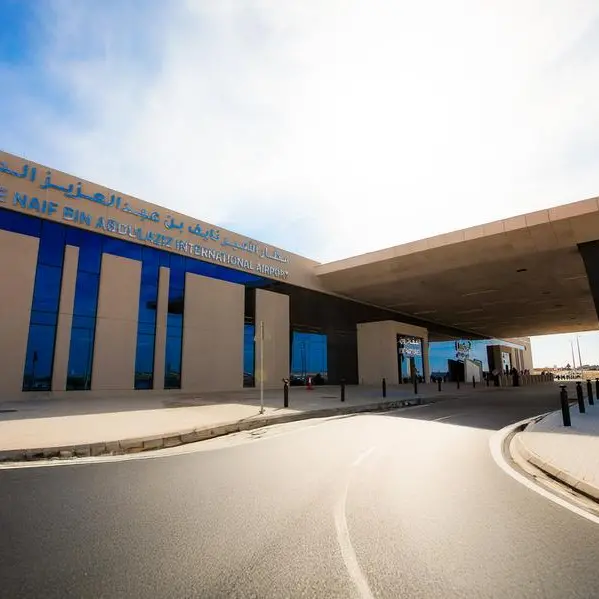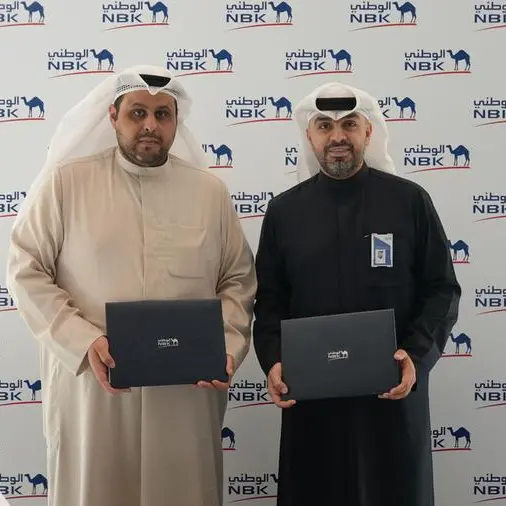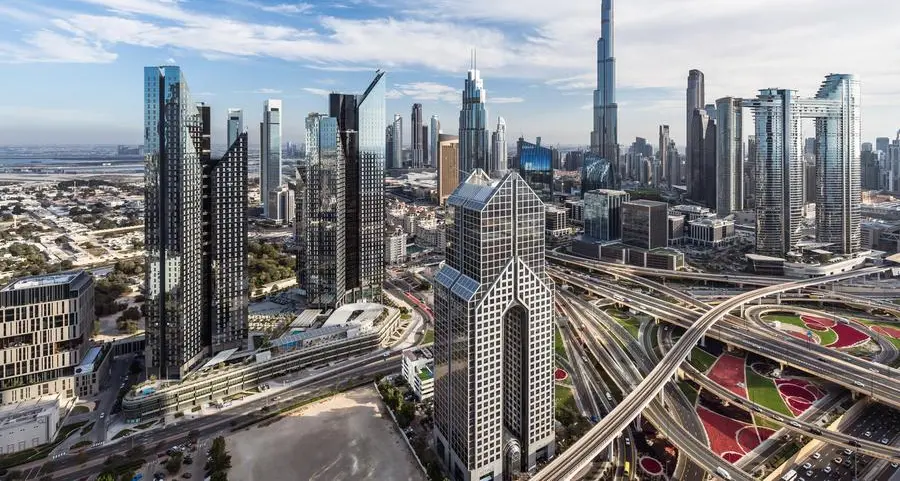Dubai, U.A.E., 5th June, 2014: Mining is the most important industrial activity driving the global economy today, with 10-12 per cent direct and 40-50 per cent indirect contribution to the world's Gross Domestic Product (GDP). With increasing pressure on the metal-making industry related to feedstock and power security on one hand and a rise in metal stock from society as "end-of-life" (EOL) on the other, generation of scrap is ever increasing. Primary source of EOL scrap includes demolished building and construction works, End-of-life vehicles (ELV), electric wires and cables, electronics, Used Beverage Cans (UBC), etc. The global recycling industry market is estimated to be in excess of USD 200 Billion annual revenues, of which USD 75 Billion is generated by the United States.
Globally, it is noted that ferrous, aluminium, and copper form a large volume of generated scrap metal. These scraps are predominately recycled (over and above 50 per cent) as they are widely used across applications, and their abundance as metal stock from society (EOL) and corresponding metal-making capacities are significant. The key trend identified over the years in the metal scrap industry has been in the development of metal-making units relying on scrap industry as feedstock source.
"The aluminium industry in the Middle East is one of the key sectors of the economy due to its deep forward and backward linkages with several key segments of the economy," said Venkatesan Subramanian, Vice President and Global Leader, Metals & Minerals Practice, Frost & Sullivan. With increasing aluminium-smelting capacities, it is considered a valuable source of export revenue and serves the domestic demand. "The Aluminium Scrap market in the GCC (Gulf Co-Operation Council) is estimated to grow at a Compound Annual Growth Rate (CAGR) of 10.6 per cent (2010-2017)," added Venkatesan.
The Middle East and North Africa (MENA) has been a major exporter of its primary aluminium production. The aluminium industry, especially in the GCC, is one of the key sectors driving the economy and contributes significantly to the primary aluminium growth in the MENA. As per Frost & Sullivan estimates, the total Aluminium Scrap generated in the Middle East is estimated to reach 500,000 Metric Tonnes (MT) by 2015, of which 360,000 MT is set to be exported to market destinations including India, South Korea, Pakistan, China, Europe, and North America.
The aluminium recycling market is at a nascent stage in the Middle East as it has been predominantly export-driven with the downstream industry yet to develop as a major scrap procurer in the region. Compared to global standards, the Middle East has a nominal rate of 20 per cent aluminium recycling, which includes smelter re-melting, scrap generation, and secondary re-melting.
The Kingdom of Saudi Arabia (KSA) has positioned itself as a major hub for scrap metal recycling followed by the United Arab Emirates (UAE) in the Middle East. Consumers, industries, and demolition sites across the country generate thousands of tonnes of metal scrap. Scrap sourcing is a critical factor in the KSA. Thus, location plays a very important role in taking advantage of the imbalanced domestic scrap supply-demand within the KSA.
Frost & Sullivan's recent analysis on the Aluminium Scrap and Recycling Market in the GCC indicates that the key challenges in the Middle East Aluminium Scrap Market, which result in low rate of recycling, are lack of development of downstream industry, higher rate of EOL scrap export (approximately 80 per cent), increase in premium of liquid metals and ingots, sliding prices at London Metal Exchange (LME), and lack of dross waste disposal technology.
The Middle East (particularly, the GCC) is one of the fastest growing aluminium markets in the world. With the development of new smelters and expansions, more secondary re-melting opportunities will arise. Key challenges pertain to the volatility on the LME prices, which are directly linked to the aluminium scrap prices. Many downstream participants in the GCC are following the European best practice model of increasing their scrap re-melting capacities, reducing significant energy costs, and becoming operationally efficient to cut input costs and gain carbon footprint. The Middle Eastern aluminium scrap industry has a long way to go in order to replicate the success story of the steel scrap recycling market.
If you are interested in more information on 'Aluminium Scrap and Recycling Market in the GCC', please send an email with your contact details to Tanu Chopra / Paroma Bhattacharya, Corporate Communications, Frost & Sullivan, at tanu.chopra@frost.com / paromab@frost.com
About Frost & Sullivan
Frost & Sullivan, the Growth Partnership Company, works in collaboration with clients to leverage visionary innovation that addresses the global challenges and related growth opportunities that will make or break today's market participants.
Our "Growth Partnership" supports clients by addressing these opportunities and incorporating two key elements driving visionary innovation: The Integrated Value Proposition and The Partnership Infrastructure.
- The Integrated Value Proposition provides support to our clients throughout all phases of their journey to visionary innovation including research, analysis, strategy, vision, innovation, and implementation.
- The Partnership Infrastructure is entirely unique as it constructs the foundation upon which visionary innovation becomes possible. This includes our 360-degree research, comprehensive industry coverage, career best practices as well as our global footprint of more than 40 offices.
For more than 50 years, we have been developing growth strategies for the global 1000, emerging businesses, the public sector, and the investment community. Is your organisation prepared for the next profound wave of industry convergence, disruptive technologies, increasing competitive intensity, Mega Trends, breakthrough best practices, changing customer dynamics, and emerging economies?
© Press Release 2014



















